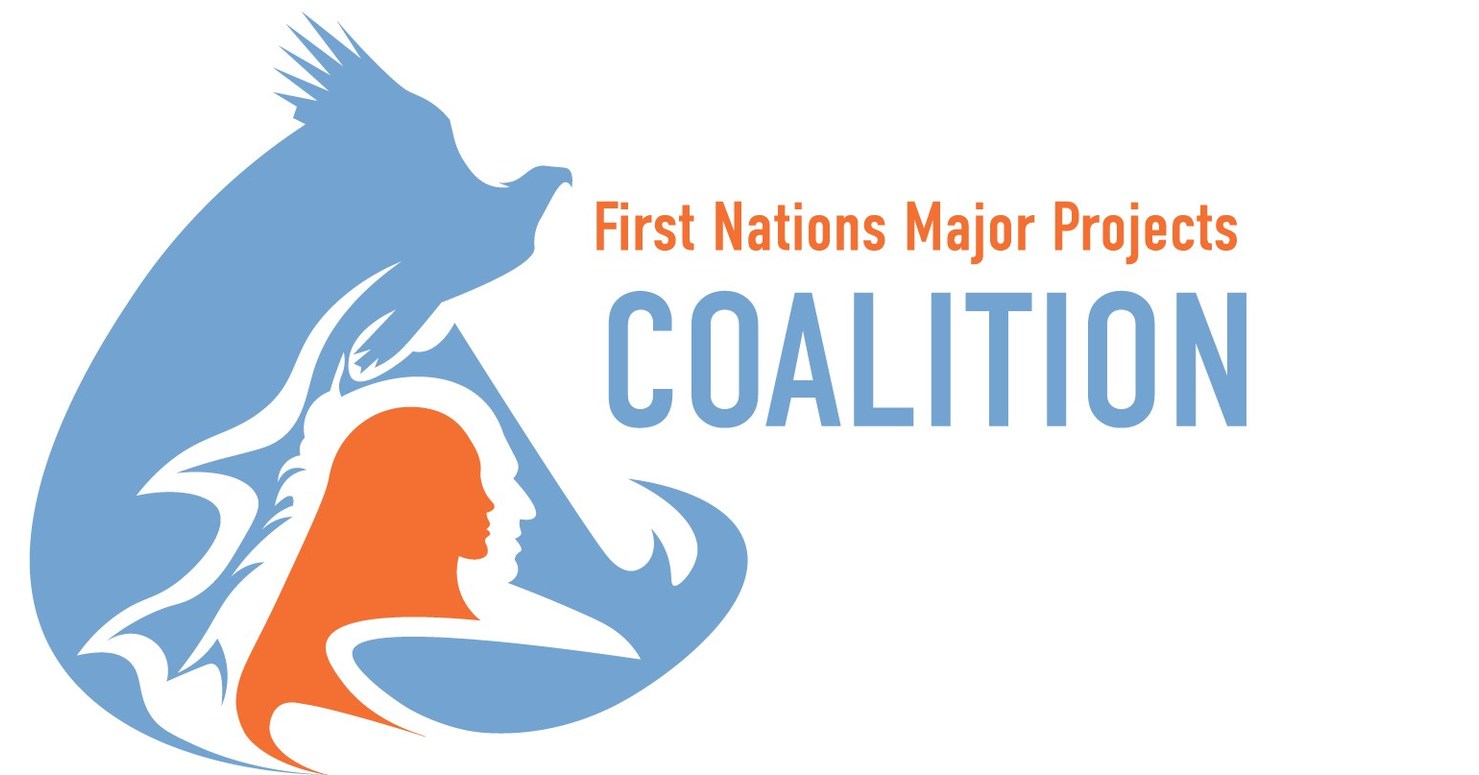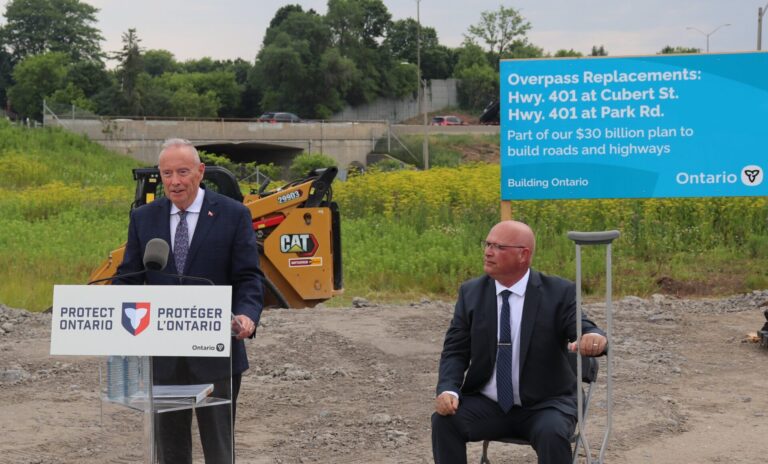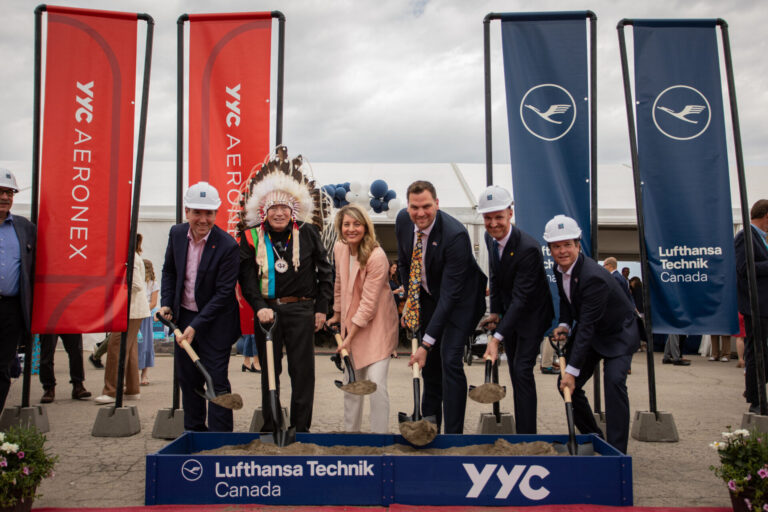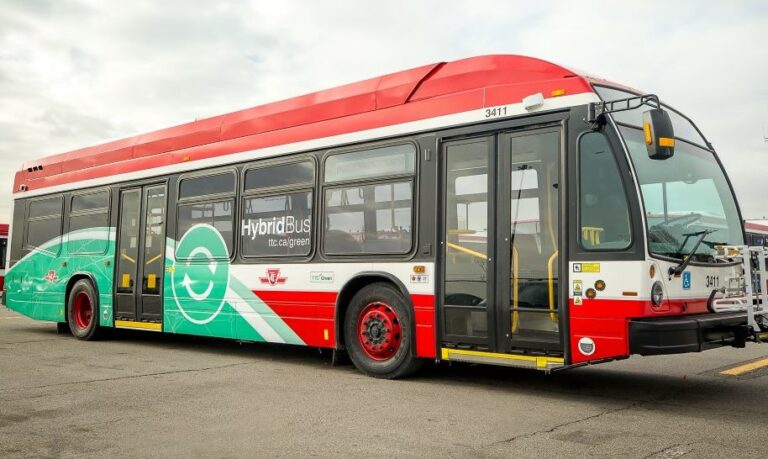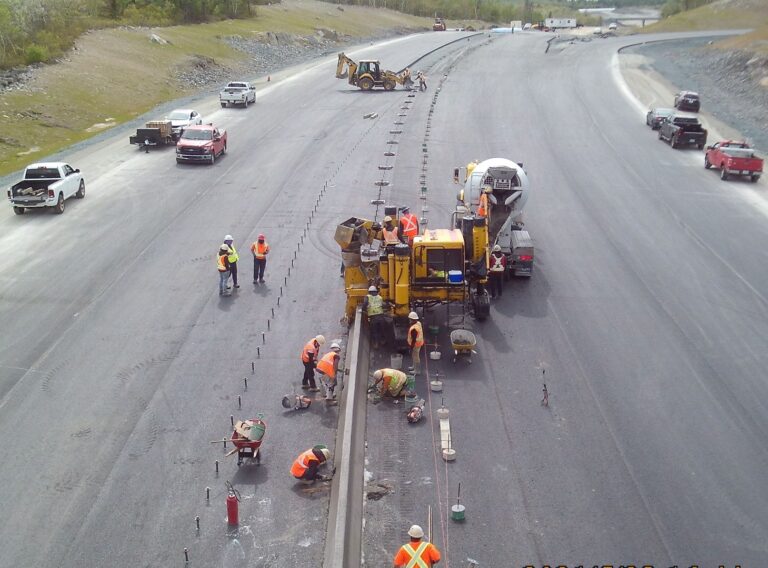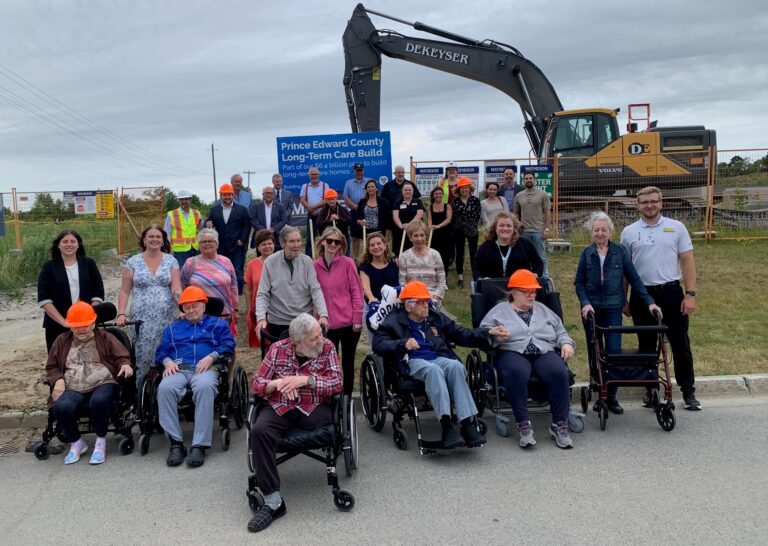The First Nations Major Projects Coalition (FNMPC), First Nations Climate Initiative (FNCI), and the Business Council of British Columbia (BCBC) announced a coalition to invest and build necessary infrastructure and export B.C.’s bounty of low carbon natural resources, food, and energy products.
“On the heels of COP 27, which I attended in Sharm El Sheikh, Egypt, the Coalition is calling for increased urgency in making substantive progress on the transition to a lower carbon economy. The road to net zero runs through Indigenous lands. Net zero targets will only be achieved through partnerships with Indigenous communities, and achieving this will take a commitment to providing sources of affordable capital and access to the capacity we need to make free, prior, and informed business decisions,” said Chief Sharleen Gale, chair of the First Nations Major Projects Coalition.
“This broad coalition formed today has the means and commitment to collaborate to get results through action, not talk, that, when aligned with governments, can immediately and substantively reduce global emissions, while sustaining a prosperous society at home. In doing so, this puts BC on the map as a dependable low carbon supplier and technology provider of choice, while creating meaningful reconciliation with Indigenous partners and the conditions to invest in the necessary infrastructure and technology that accelerates BC emissions reductions across the economy and society as we move together to a net zero future,” stated Susannah Pierce, chair of the Business Council of British Columbia and Country Chair, Shell Canada and GM Renewables and Energy Solutions Canada.
The committed Coalition of leaders will develop and release a priority action plan early in 2023. It will look to governments of all levels to collaborate with it on the policies and supports needed to act now. In doing so, it will seek to realize shared goals to: address climate change globally and within BC and Canada; advance meaningful reconciliation and partnership, including the means that enable equity ownership by Indigenous companies and communities; and enable economic prosperity to protect a sustainable environment and measurably improve affordability and our quality of life now and for future generations.
“First Nations-led solutions are needed to reach Canada’s—and the world’s—climate action goals, and to achieve economic and environmental reconciliation for our communities. We must begin to implement these solutions, to replace poverty with prosperity and to recover the climate.” Stated Crystal Smith, elected Chief Councillor of the Haisla Nation and a founding leader of FNCI “Decolonization and decarbonization go hand-in-hand. We know that our communities and homelands are not isolated from the rest of the world, so we must act both locally and globally. We have many valuable things to bring to the global table and we have an obligation to do this. We cannot look back and wonder why we did not act more bravely.”

